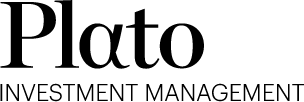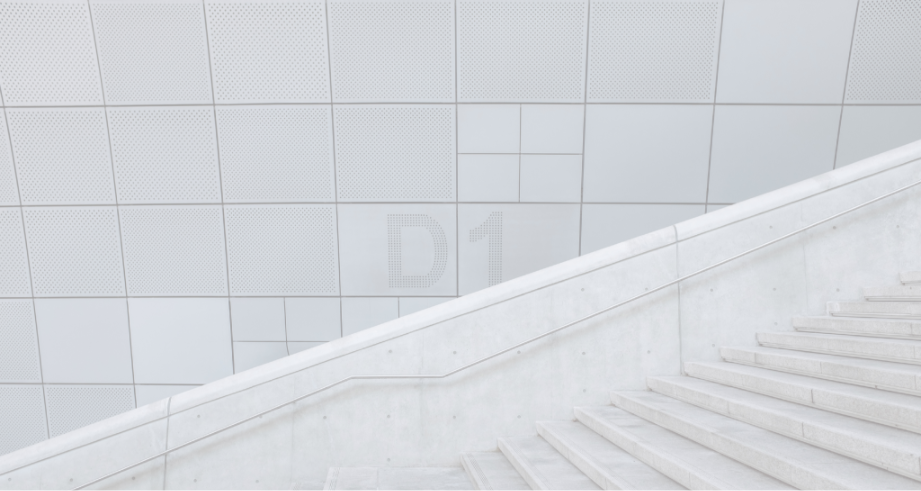In what Ray Dalio says could be a year of seismic shifts, Plato’s David Allen is trying to protect his investors from shocks that can overshadow great stock-picking.
In the arc of history, most years quickly fade into insignificance. But hedge fund legend Ray Dalio doesn’t think 2024 will be one of them. He calls it a “pivotal year on the brink”.
Dalio, who has emerged as something of an amateur historian in recent years, says the five big forces he believes shape history could be poised to unleash seismic shifts.

The debt/money market force looks calmer in the short term if interest rates settle down, but the growing indebtedness of governments and households continues to build towards a reckoning.
The global conflict force is already dominating the headlines, with drama in the Middle East and Europe. Risk from the force of natural events continues to build as climate change worsens. The force of human inventiveness appears at a pivotal moment as the artificial intelligence revolution rolls on.
What Dalio calls “the force of internal conflict” is perhaps the biggest risk of all, as the US prepares for what seems likely to be the most polarised, divisive presidential election in recent history.
Dalio says he was considered kooky when he floated the idea of civil war in 2020. But after the events of January 6, 2021, YouGov surveys have shown about 40 per cent of Americans expect civil war in the next decade.
Frankly, it still sounds kooky to Chanticleer, but Dalio has a point when he argues: “It is difficult to imagine that either side will accept losing [November’s election] and subjugate themselves to the policies and values of the other side.”
The problem for investors is two-fold.
First, the events of 2023, when most pundits’ prognostications proved horribly wrong – mortgage cliff, US recession, energy crisis in Europe, sticky inflation, subdued tech valuations, widespread banking contagion after the Silicon Valley bank collapse – show us how fallible predictions are, even short-term ones.

Second, is it realistic to try to manage a portfolio to account for these sorts of risks? Or is it more practical to focus on picking the best stocks, and hope the rest takes care of itself?
That’s certainly the approach of many fund managers, and justifiably so. But David Allen, head of long/short strategies at Plato Asset Management, and the manager of the firm’s three-year-old Global Alpha Fund, says in a world becoming more subject to macroeconomic and geopolitical events, the role of risk management is increasingly important.
Plato is monitoring 57 stress events – ranging from a shock to Chinese property to lithium prices, inflationary expectations, and a collapse in US high-yield credit – and continuously tests the exposure of the long/short Global Alpha Fund using a proprietary system called Prism.
To be clear, the idea is not to eliminate risk exposure entirely; Allen says to do so would also mean eliminating the chance to earn alpha (above market) returns. But he says the performance of the Global Alpha Fund, which delivered a 32.3 per cent return after fees in 2023, and has beaten its benchmark by about 8 per cent per annum since inception, suggests there is a middle road.
“You’ve got to pick the right stocks, that’s just a given,” he says. “But if you don’t marry that up with some very good risk management, you can easily turn victory into defeat.”
Potential shocks
So, in Dalio’s “world on the brink”, what are the key risks Allen is thinking about? To be clear, these are not events he expects, just potential risks to watch.
The escalation of cyberattacks is a big one; Plato uses ETFs that track cybersecurity firms that would be beneficiaries of such an event to monitor exposure.
The Middle East conflict is obviously front of mind; Allen says the firm thinks about its exposure to Israel (including via its exposure to Israeli stocks and the shekel), and exposure to oil.

The threat of conflict in Taiwan is another risk Allen is thinking about, with exposure to the local sharemarket the most obvious way of measuring risk. Fragmentation in Europe is another one; the difference in the credit default swaps spread between Italy and Germany is a good proxy for pain from such an event.
The final one for 2024 speaks to Dalio’s big concern about the US election. Allen says Plato is watchful on the potential for deglobalisation to accelerate if Donald Trump is elected president and adopts aggressive protectionist policies, and is tracking baskets of onshoring beneficiaries to manage its exposure to such an event.
Allen has seen how Trump can move markets before. In 2016, when he was working in London, his team identified a correlation between Trump’s popularity and the Mexican peso; the better Trump did, the worse the currency traded. Tracking this provided a way to predict how a portfolio would perform in the event of a Trump victory – which did eventually send the peso down 13 per cent.
The next step in this process is identifying companies that would see an outsized impact if a stress event occurred. A good example of this is the list Plato has prepared of the 10 ASX companies it thinks would be hit hardest if some sort of macro event caused the ASX 300 index to plunge 30 per cent.
Its model predicts lithium miners Sayona Mining, Core Lithium, Vulcan Energy and Liontown Resources would be hit hard and fall more than 70 per cent, as would fellow battery minerals plays Syrah Resources and Novonix.
Allen says Plato actually likes a couple of names on this list, but does not presently hold any in the Global Alpha Fund because of extreme downside risks present in such a stress event.
It’s the same thing with short trades. A list of the 10 ASX stocks that it believes would do best if the US 10-year Treasury yield fell 2 per cent – which features several gold miners, including De Grey Mining, Tietto Minerals, Evolution Mining, Westgold Resources and Genesis Minerals – has led Plato to steer clear of some names it would ordinarily like to short given the likelihood of rate cuts.
But again, exposure to a stress event does not necessarily preclude Plato from a certain trade. For example, Allen nominates lithium hopeful Liontown as his bet short – the Alpha fund’s short position’s powered its strong return in 2023 – despite the fact it is on that list of top rate-cut beneficiaries.
But this is outweighed by the red flags Plato sees around the stock, including questions on electric vehicle demand, the plunging lithium price, the execution risk around the construction of its new mine, and recent management share sales.
(His best long is US biotech Vertex Pharmaceuticals, which last year gained the first-ever approval for a therapy in Britain that uses the CRISPR gene editing technology, and is developing a pain drug that would have none of the addictive issues of opioids.)
It was Plato himself who wrote in The Republic that he was “the wisest man alive, for I know one thing, and that is that I know nothing”.
Allen says the firm is not trying to predict what happens this year, or next year, or in a decade from now, but instead to provide investors with what he calls a “metaphorical flak jacket in a world of significant uncertainty”.
“There’s always going to be things that will hurt us in the future, we just want to clamp down on as many as we can,” he says. “And the evidence is we can still deliver really good numbers and control these sorts of risks.”
This article with Dr David Allen was published by the Australian Financial Review.
SUBSCRIBE TO OUR NEWSLETTER
Subscribe to keep up to date with the latest fund
information and insights.
“A good decision is based on knowledge and not on numbers.”
Plato (427-347 BC)

Disclaimer
Plato Investment Management Limited AFSL 504616 ABN 77 120 730 136 (‘Plato’).
Whilst Plato believes the information contained in this communication is based on reliable information, no warranty is given as to its accuracy and persons relying on this information do so at their own risk. Subject to any liability which cannot be excluded under the relevant laws, Plato disclaim all liability to any person relying on the information contained on this website in respect of any loss or damage (including consequential loss or damage), however caused, which may be suffered or arise directly or indirectly in respect of such information.
Pinnacle Fund Services Limited ABN 29 082 494 362 AFSL 238371 is the product issuer of funds managed by Plato. Any potential investor should consider the relevant Product Disclosure Statement available at https://plato.com.au/retail-funds/ in deciding whether to acquire, or continue to hold units in a fund. The issuer is not licensed to provide financial product advice. Please consult your financial adviser before making a decision. Past performance is not a reliable indicator of future performance.
Disclosure contained on this website is for general information only. Any opinions or forecasts reflect the judgment and assumptions of Plato on the basis of information at the date of publication and may later change without notice. Any projections are estimates only and may not be realised in the future. Information on this website is not intended as a securities recommendation or statement of opinion intended to influence a person or persons in making a decision in relation to investment. Unauthorised use, copying, distribution, replication, posting, transmitting, publication, display, or reproduction in whole or in part of the information contained on the website is prohibited without obtaining prior written permission from Plato. Past performance is not a reliable indicator of future performance.



